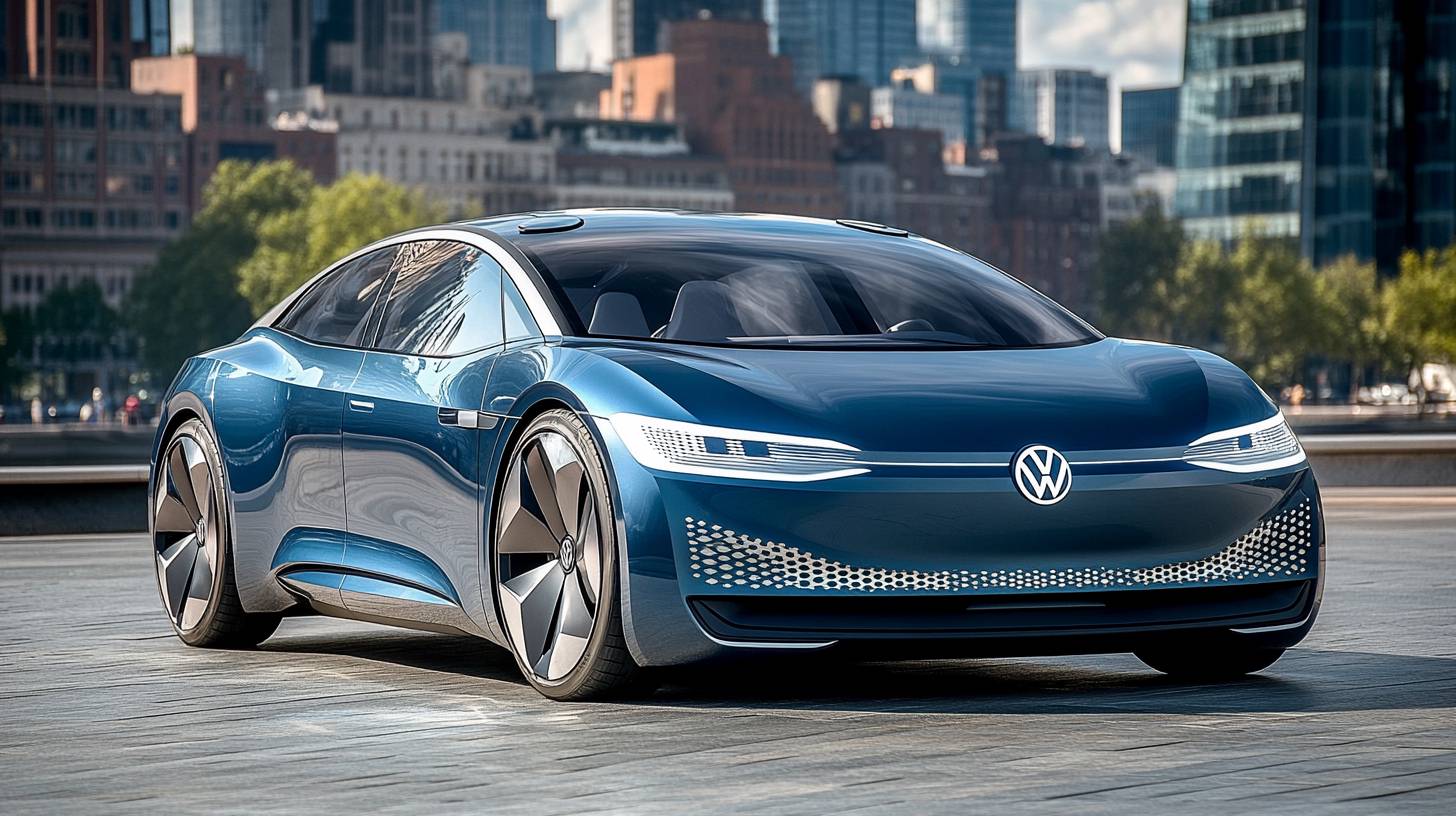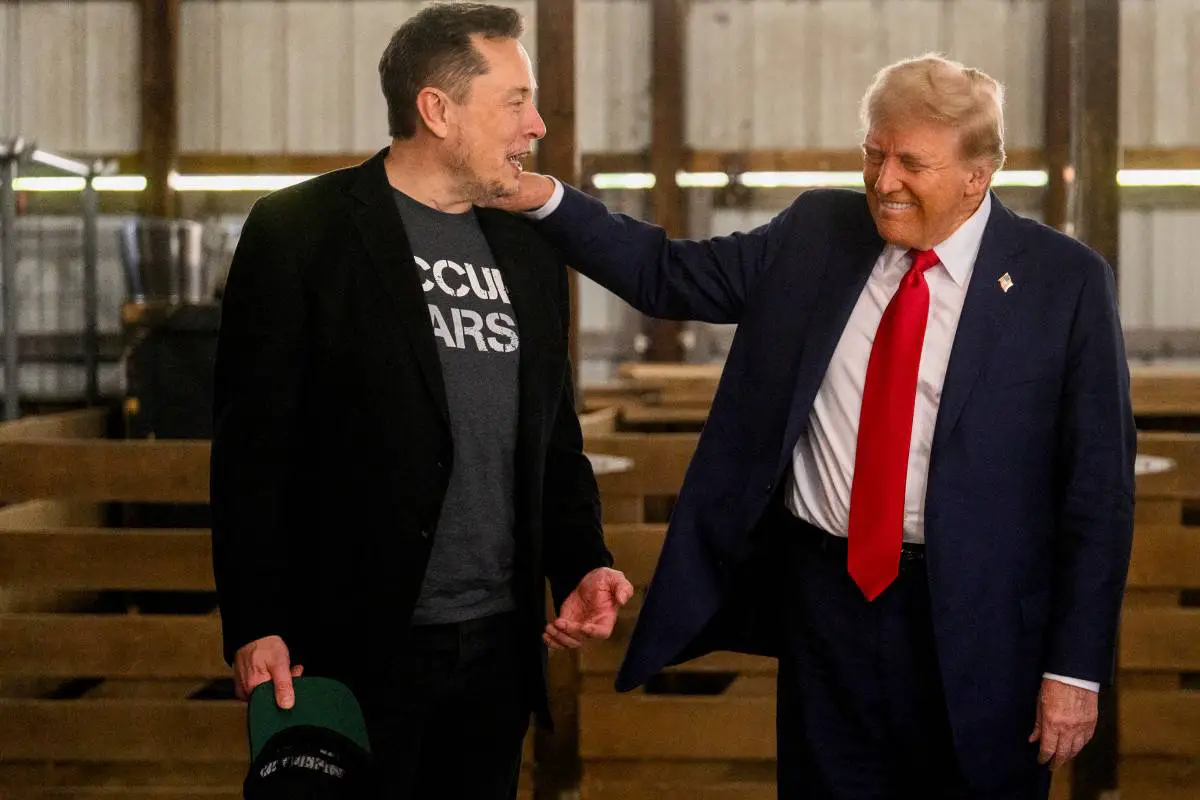
Volkswagen’s hurdles in the U.S. market
The challenges facing Volkswagen’s U.S. operations are substantial, especially in the electric vehicle (EV) sector. Despite the worldwide transition towards electrification, VW’s attempts to penetrate the American EV market have yielded inconsistent outcomes. The firm has rolled out models such as the ID.4 crossover SUV, yet the introduction of the ID.7, an electric sedan meant to succeed the Passat, has been halted. This postponement was linked to “unfavorable market conditions,” indicating the automaker’s difficulties in gaining a foothold in the competitive U.S. EV arena.
Compounding the situation, Volkswagen Group of America CEO Pablo Di Si is reportedly on the verge of departure, according to German news sources. Di Si, who succeeded Scott Keogh, the current CEO of Scout Motors, has been held responsible for the company’s subpar performance in the U.S. market, particularly within the EV segment. Even though he took on pre-existing challenges, Di Si’s ambitious EV sales targets have not come to fruition, creating tension with VW’s global management. His sales forecasts were overly optimistic, resulting in a shortfall that has strained his connection with the parent company.
Di Si had intended to utilize the EV transition to strengthen VW’s foothold in the U.S., especially since the company had been capitalizing on the semiconductor shortages during the pandemic. However, his inability to meet profit forecasts has placed him in a precarious position. According to an anonymous VW executive speaking to Der Spiegel, “You get such a job when you make big promises. And you lose it again because you are unable to fulfill them.”
Reports indicate that VW is already looking into possible replacements for Di Si, with Stefan Mecha, who currently oversees VW’s operations in China, being a prominent candidate. This potential leadership transition comes at a pivotal moment for Volkswagen as it strives to navigate the increasingly competitive U.S. landscape, where it faces strong rivalry from both established car manufacturers and emerging EV companies.
Labor disputes and cost-reduction strategies in Germany
Labor disputes at Volkswagen in Germany are intensifying as the company advances its aggressive cost-reduction strategies. The automaker is currently lagging on a billion-dollar cost-saving initiative, which is vital for financing its strategic endeavors, including a billion-dollar investment in Tesla competitor Rivian and a collaboration with Chinese manufacturer Xpeng. In a bid to compensate for setbacks, VW has revealed plans to close three of its German plants, a decision expected to save the company over .3 billion. Nevertheless, this move has ignited outrage among labor unions, especially the IG Metall Union, which represents a substantial segment of VW’s 100,000-strong German workforce.
The union has already warned of potential strikes if VW moves forward with the closures. Thorsten Groeger, a negotiator for IG Metall, cautioned that if the company endorses its “dystopian path,” the board should prepare for “corresponding consequences.” Union dissatisfaction has been exacerbated by VW’s announcement of a 10% salary reduction and a two-year wage freeze—steps that have further deepened the divide between management and workers.
Volkswagen’s management, however, remains resolute in its cost-cutting agenda. CEO Oliver Blume has cited “structural issues” that have troubled the company for many years, particularly in its primary market of Germany. In a recent conversation with Bild, Blume pointed out that labor expenses in Germany exceed twice the average for VW’s other European sites, complicating the company’s efforts to stay competitive. He also remarked that VW’s development and sales expenditures are higher than those of its rivals, reinforcing the justification for drastic actions.
Blume’s assertions were echoed by VW’s HR chief, who emphasized that the German workforce must be “prepared to accept cuts” if the company aims to expedite its restructuring process. The automaker’s leadership is evidently focused on slashing costs to release capital for ambitious investments in EVs and other future technologies, but the road ahead is rife with obstacles, particularly as labor disputes continue to escalate.
For Australian investors and stakeholders, the circumstances at Volkswagen serve as a cautionary example of the difficulties in reconciling cost-cutting efforts with the imperative of maintaining a robust relationship with labor. The outcome of these discussions could yield significant repercussions for VW’s global operations, including its capability to compete in major markets like China and the U.S., where it is already encountering considerable competition. As VW navigates these tumultuous waters, the company’s stock, presently trading at .08 per share, will be under close scrutiny by market participants seeking indications of stability or further upheaval.

